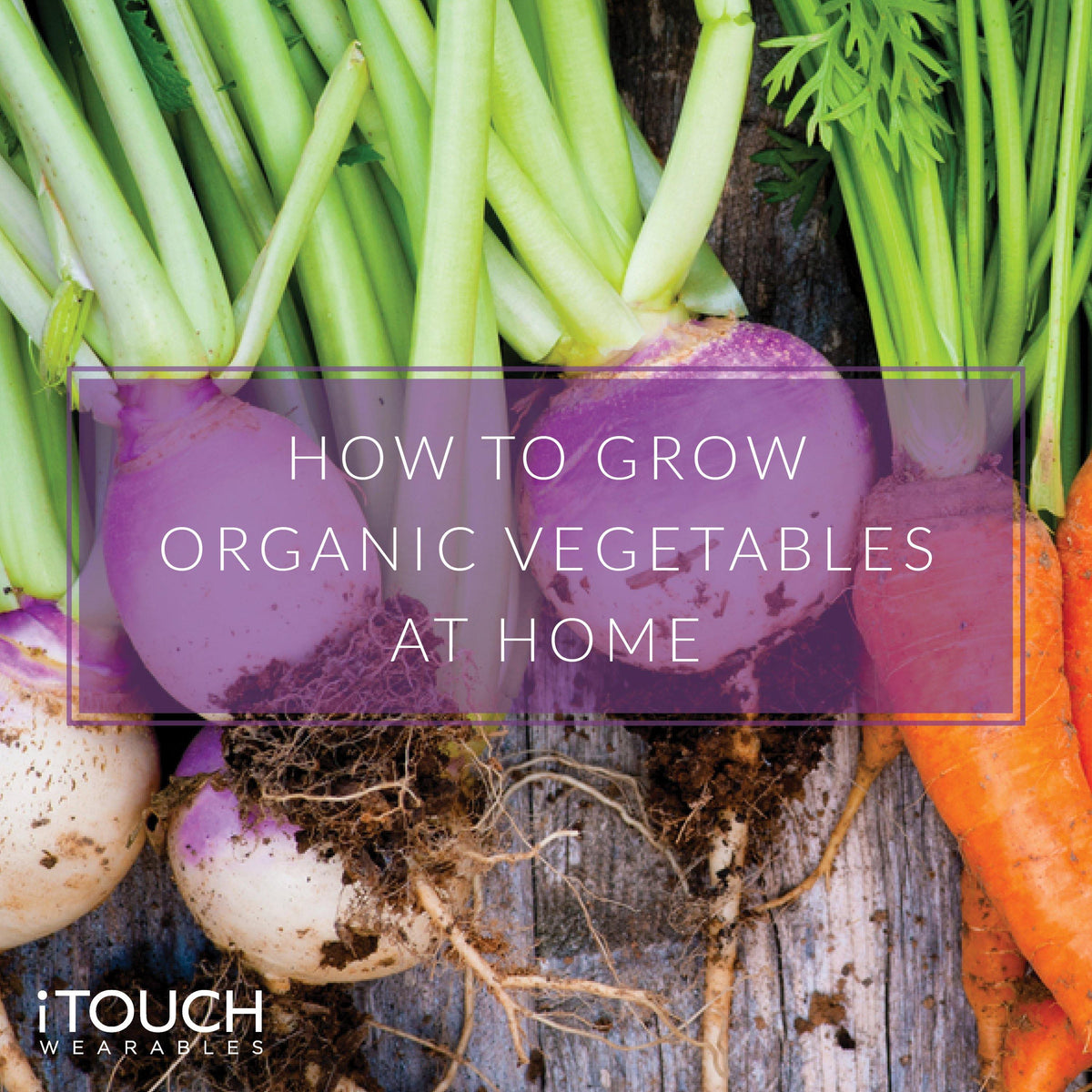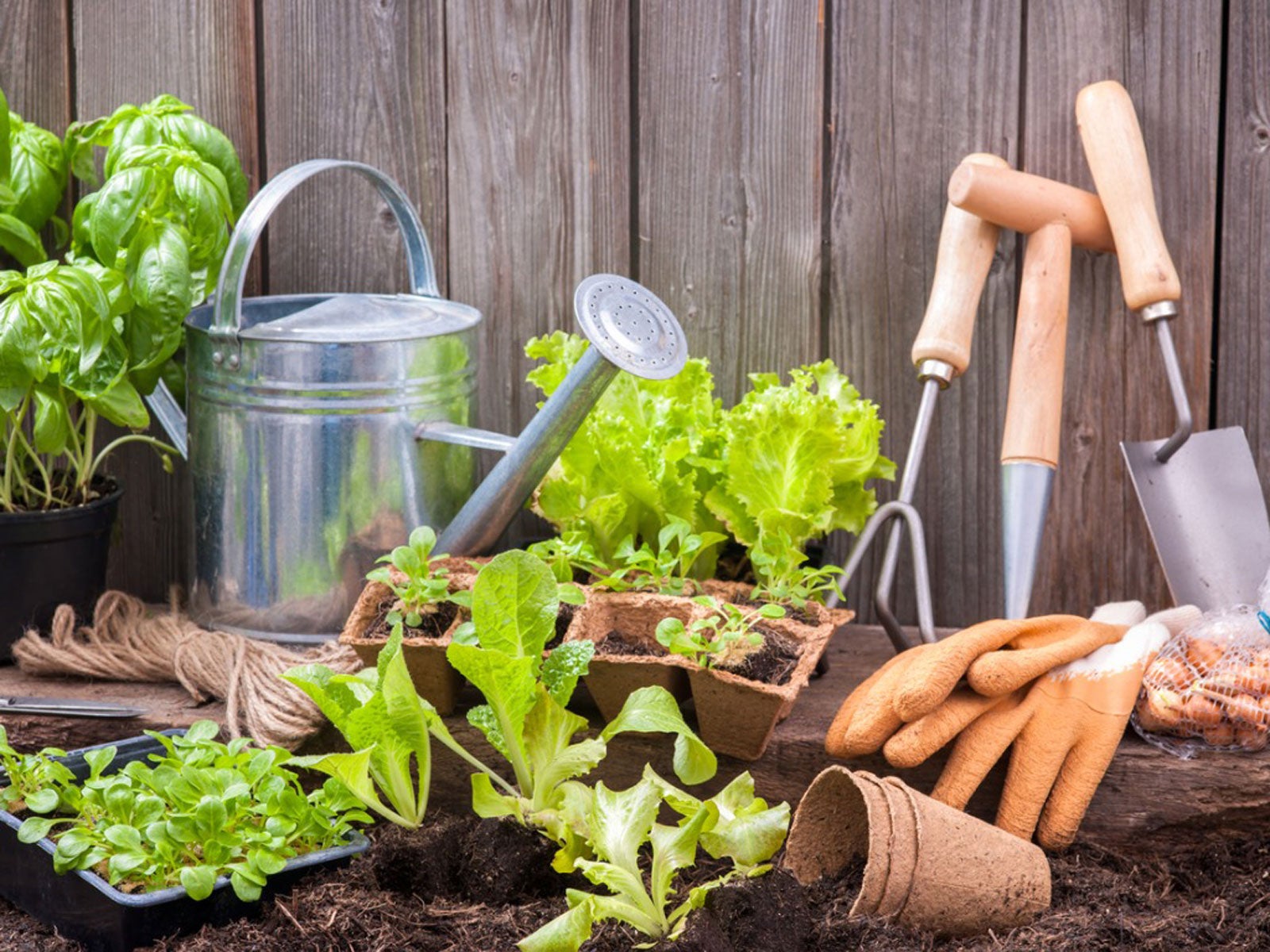Master Organic Vegetable Gardening at Home

Imagine biting into a crisp, juicy tomato freshly plucked from your own backyard. The taste is unparalleled, and the satisfaction of growing your own organic produce is immense. Welcome to the world of organic vegetable gardening at home—a journey that not only nourishes your body but also your soul. Whether you're a seasoned gardener or a novice looking to dip your toes into sustainable gardening, this guide will walk you through the essentials of how to grow organic vegetables at home. Let's dive in!
Understanding Organic Gardening
Organic gardening is more than just a trend; it's a philosophy. It's about cultivating vegetables without the use of synthetic fertilizers, pesticides, or genetically modified organisms (GMOs). Instead, you rely on natural methods to create a thriving ecosystem in your garden. Think of it as a partnership with nature, where you work together to produce healthy, delicious food.
Benefits of Organic Gardening
Why choose organic? For starters, organic produce is free from harmful chemicals, making it safer for you and your family. Additionally, organic gardening promotes biodiversity, improves soil health, and reduces environmental pollution. It's a win-win for both your health and the planet.
Getting Started with Organic Vegetable Gardening
Ready to roll up your sleeves and get started? Here’s a step-by-step guide to help you on your journey.
Choosing the Right Location
The first step in successful vegetable cultivation is selecting the right spot for your garden. Look for an area that receives at least 6-8 hours of sunlight daily. Sunlight is the lifeblood of your plants, so don't skimp on it. Also, ensure the soil is well-drained to prevent waterlogging, which can harm your plants.
Preparing the Soil
Healthy soil is the foundation of a thriving garden. Start by testing your soil pH to understand its acidity or alkalinity. Most vegetables prefer a pH between 6.0 and 7.0. Add organic matter like compost or well-rotted manure to enrich the soil. Composting is a fantastic way to recycle kitchen scraps and yard waste, turning them into nutrient-rich fertilizer.
Selecting Your Vegetables
Choosing what to grow is one of the most exciting parts of home gardening. Consider your climate, the amount of space you have, and your personal preferences. Some easy-to-grow vegetables for beginners include:
- Tomatoes: Versatile and delicious, tomatoes are a staple in many gardens.
- Lettuce: Quick to grow and perfect for salads.
- Cucumbers: Great for pickling or eating fresh.
- Radishes: Fast-growing and add a nice crunch to salads.
- Beans: Easy to grow and provide a good yield.

Planting and Caring for Your Garden
Once you've chosen your vegetables, it's time to plant. Follow the seed packet instructions for planting depth and spacing. Water your plants regularly, ensuring they get about an inch of water per week. Mulching around your plants can help retain moisture and suppress weeds.
Pest and Disease Management
Organic gardening doesn't mean you have to share your harvest with pests. Use natural methods like companion planting, where certain plants deter pests, or introduce beneficial insects like ladybugs and lacewings that feed on garden pests. For diseases, ensure good air circulation and avoid overwatering.
Harvesting and Enjoying Your Organic Produce
The moment you've been waiting for—harvest time! Picking your vegetables at the right time ensures they are at their peak flavor and nutritional value. For leafy greens, harvest them when they are young and tender. For fruits like tomatoes and cucumbers, pick them when they are fully ripe.
Storing Your Harvest
Proper storage can extend the life of your organic produce. Store root vegetables like carrots and beets in a cool, dark place. Leafy greens and herbs can be kept in the refrigerator. For longer-term storage, consider canning, freezing, or dehydrating your excess harvest.
Sustainable Gardening Practices
Sustainable gardening is about more than just growing organic vegetables; it's about creating a garden that benefits the environment. Here are some tips to make your garden more sustainable:
- Composting: Turn kitchen scraps and yard waste into rich fertilizer.
- Water Conservation: Use rain barrels to collect water and drip irrigation to water your plants efficiently.
- Crop Rotation: Rotate your crops to prevent soil depletion and reduce pest and disease problems.
- Native Plants: Incorporate native plants into your garden to support local wildlife.

DIY Gardening Tips
DIY gardening can be both fun and rewarding. Here are some tips to make your gardening experience even better:
- Make Your Own Compost: Start a compost pile with kitchen scraps, yard waste, and even coffee grounds.
- DIY Pest Control: Use homemade sprays made from garlic, hot peppers, or soap to deter pests.
- Vertical Gardening: Save space by growing vegetables vertically using trellises or cages.
Resources for Further Learning
Want to dive deeper into organic gardening? Check out these resources:
- Rodale's Organic Life: A wealth of information on organic gardening and sustainable living.
- Mother Earth News: Articles, tips, and guides on organic gardening and homesteading.
- The Old Farmer's Almanac: A classic resource for gardening tips and weather forecasts.
Conclusion
Growing organic vegetables at home is a journey filled with rewards. From the satisfaction of nurturing your own food to the joy of eating fresh, chemical-free produce, organic gardening offers a bounty of benefits. Whether you're a beginner or an experienced gardener, embracing organic methods will not only enrich your life but also contribute to a healthier planet. So, why wait? Grab your gloves, roll up your sleeves, and start your organic gardening adventure today!
FAQs
What are the best vegetables to grow for beginners?
- Some of the easiest vegetables to grow for beginners include tomatoes, lettuce, cucumbers, radishes, and beans. These vegetables are relatively low-maintenance and provide a good yield.
How can I improve my soil for organic gardening?
- Improve your soil by adding organic matter like compost or well-rotted manure. This enriches the soil with nutrients and improves its structure and water retention.
What are some natural pest control methods?
- Natural pest control methods include companion planting, introducing beneficial insects, and using homemade sprays made from garlic, hot peppers, or soap.
How often should I water my organic garden?
- Most vegetables need about an inch of water per week. Water deeply but less frequently to encourage strong root growth. Mulching can help retain moisture.
How can I store my organic produce for longer?
- Store root vegetables in a cool, dark place. Leafy greens and herbs can be kept in the refrigerator. For longer-term storage, consider canning, freezing, or dehydrating your excess harvest.
0 Response to "Master Organic Vegetable Gardening at Home"
Post a Comment